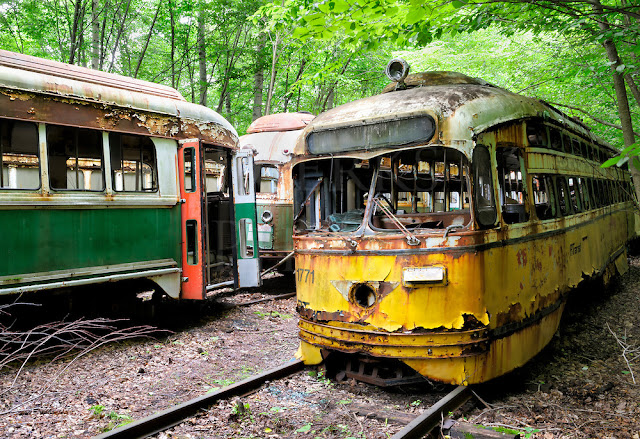Things
are in such a kind of envelopment that they have seemed to philosophers, not a
few nor those common philosophers, altogether unintelligible; no, even to the
Stoics themselves they seem difficult to understand.
And
all of our assent is changeable, for where is the man who never changes? Carry
your thoughts then to the objects themselves, and consider how short-lived they
are and worthless, and that they may be in the possession of a filthy wretch,
or a whore, or a robber.
Then
turn to the morals of those who live with you, and it is hardly possible to
endure even the most agreeable of them, to say nothing of a man being hardly
able to endure himself.
In
such darkness then and dirt, and in so constant a flux both of substance and of
time, and of motion and of things moved, what there is worth being highly
prized or even an object of serious pursuit, I cannot imagine.
But
on the contrary it is a man's duty to comfort himself, and to wait for the
natural dissolution and not to be vexed at the delay, but to rest in these
principles only.
The
one, that nothing will happen to me which is not conformable to the Nature of
the Universe, and the other, that it is in my power never to act contrary to my
god and daemon, for there is no man who will compel me to this.
—Marcus
Aurelius, Meditations, Book 5 (tr
Long)
Our
circumstances are constantly changing around us, just as our own thoughts and
feelings are constantly changing within us, and such variability can easily
lead us to uncertainty and doubt. It is then far too easy to say that the world
makes no sense, even as we should know that difficult things are not impossible
things. The solution can only be to cling to those things in life that are
reliable, and never to confuse them with those things that are totally
unreliable.
Each
year added to my life has shown me more and more how passing and fleeting the objects
outside of me are, and this in turn reminds me that I would be foolish to
depend upon anything that comes and goes so quickly.
At first
the changes may seem negligible, but before I know it, only a few relics and
collapsing ruins remain. They will also be gone before too long. I then have
that occasional moment where I realize, with a combination of awe and dread,
that I am quite the relic and collapsing ruin myself.
There is
nothing to be truly prized here.
I look
at how people around me are thinking and living, and I see how many of them are
hardly thinking at all, or are thinking based on sophistry and illusion. Just
when I believe I could never find ideas and values any more absurd, whole new
crops of trendy prejudices prove me wrong.
What we
were supposed to think was unquestioned truth last year is now an abomination,
and this year’s ideological craze will be on tomorrow’s rubbish heap. I’m not
sure if I should find it all ridiculous or frightening, and then I catch a
glimpse of just how much I am subject to the ebb and flow as anyone else.
There is
nothing to be truly prized here.
With
such a state of affairs, it is no wonder that we frantically rush to grab what
little we can, or resignedly play along with the game, or surrender entirely,
and quietly fade away. Where can there be comfort in the middle of all this
impermanence?
Philosophies
that try to find meaning in corruptible circumstances will inevitably fail.
Here Stoicism has an advantage, because it offers principles I can always count
on, whatever may come and go, on the outside and on the inside.
These
principles are clear and simple enough:
If
Nature permits it to happen, I can always find a way to make good of it.
I can
always make good of anything, since how I choose to think and act is completely
within my power, and within no one else’s.
To live
with virtue, and to avoid vice, is something distinctly mine for as long as I
live, and it can allow me to return peacefully back into the Nature that
produced me, content with a job well done. That is absolutely reliable.
Written in 4/2006
IMAGE: When I was younger, I would ride on the old PCC trolleys all the time. This is how almost all of them ended up.


No comments:
Post a Comment